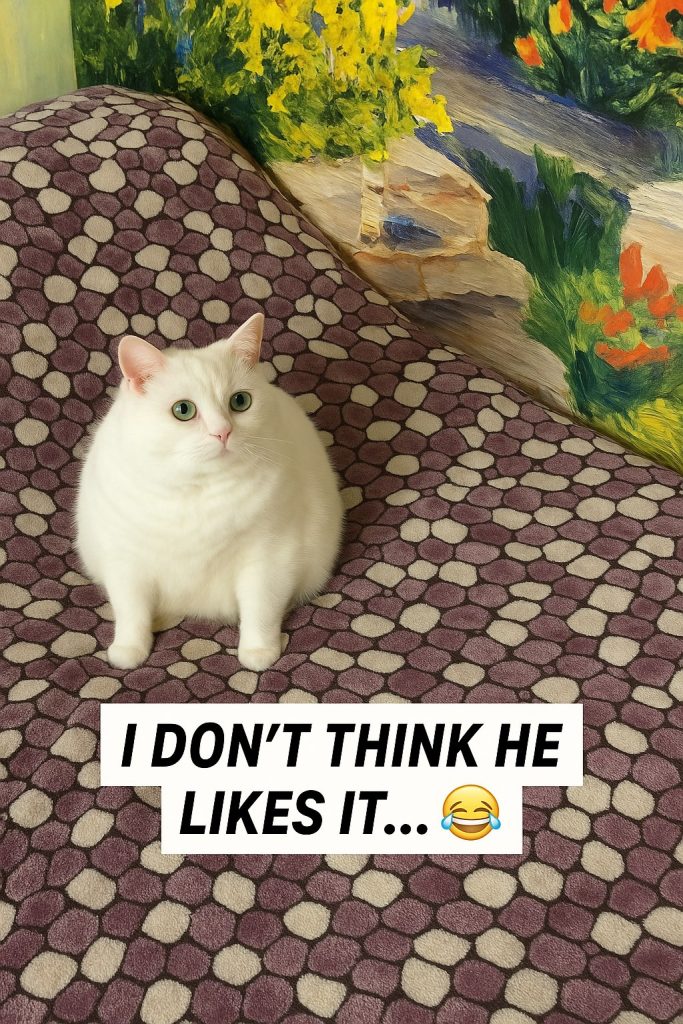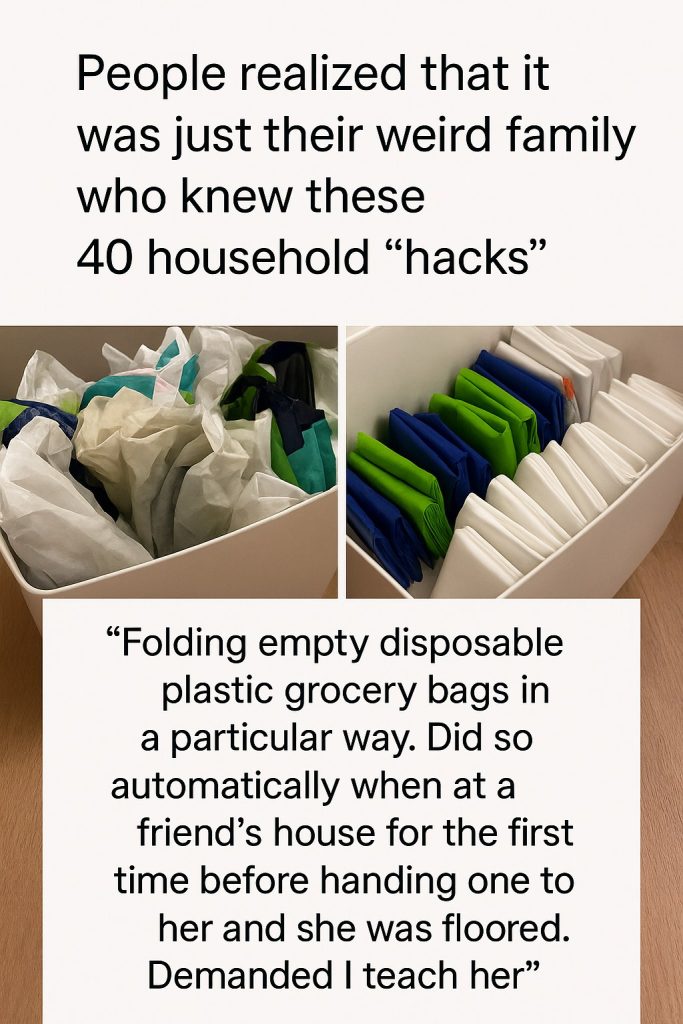On social media, where humor and relatability reign supreme, a recently circulated clip with the caption “Something tells me he doesn’t like it” has captured the attention and amusement of millions worldwide. The short video, which quickly went viral across multiple platforms in early 2024, perfectly illustrates how a simple expression can spark widespread laughter and messages of shared experience.
The footage features a young man’s priceless reaction to an unexpected situation — the exact scenario varies depending on the version shared, but the common thread is his unmistakable look of disbelief mixed with subtle discomfort. Whether it’s tasting an unusual food, encountering an awkward comment, or reacting to a surprising event, his face clearly conveys a sentiment many can relate to but often struggle to vocalize.
Why the meme resonates: The phrase “Something tells me he doesn’t like it” has become a flexible, tongue-in-cheek shorthand for subtle dissatisfaction or second thoughts. The meme taps into the universal human experiences of doubt and hesitation, pairing it with a funny, exaggerated facial expression that evokes sympathy and humor simultaneously.
Social media users quickly jumped on the bandwagon, remixing the clip into countless memes, reaction videos, and captions. Its versatility means it’s been used to comment on everything from odd celebrity fashion choices to quirky political moments and everyday awkward situations. The relatable appeal is a big factor behind why this clip spread so rapidly and organically — people enjoy content that mirrors their own feelings in a lighthearted way.
The cultural impact of reaction memes: This viral moment is a strong example of how reaction videos and memes have evolved beyond simple entertainment into tools of modern communication. They allow people to express complex emotions or opinions without lengthy explanations, bridging the gap between humor and social commentary. The phrase and corresponding visual snapshot are now shorthand on social media for saying, “I see what’s happening here, and I’m not quite convinced.”
Recently, some creators have even built on the meme by incorporating it into short-form videos on platforms known for viral trends, with millions of views and shares adding fuel to the fire. The man’s reaction, though not originally filmed to become a meme, has inadvertently transformed him into a symbol of comically skeptical human nature — one that users find endlessly entertaining.
What this reveals about online humor: The meme’s success underscores how quick, expressive visual cues paired with a clever caption can light up social media feeds. It demonstrates that sometimes, the most viral content is unpolished, human, and relatable rather than scripted or overtly staged. The clip taps into a global appetite for content that balances empathy and wit, delivering laughter while subtly acknowledging our shared quirky moments.
As the phrase “something tells me he doesn’t like it” continues to pop up in comment sections and timeline posts, it’s clear this simple meme has cemented itself as a part of internet culture. Whether used to gently tease friends or to punctuate an ironic observation, its staying power shows the power of humor rooted in genuine expression.
In a digital world saturated with content, moments like these remind us why people keep coming back to social media — for connection, a quick laugh, and the comforting recognition that none of us are alone in those “uh-oh” feelings that pop up now and then.



